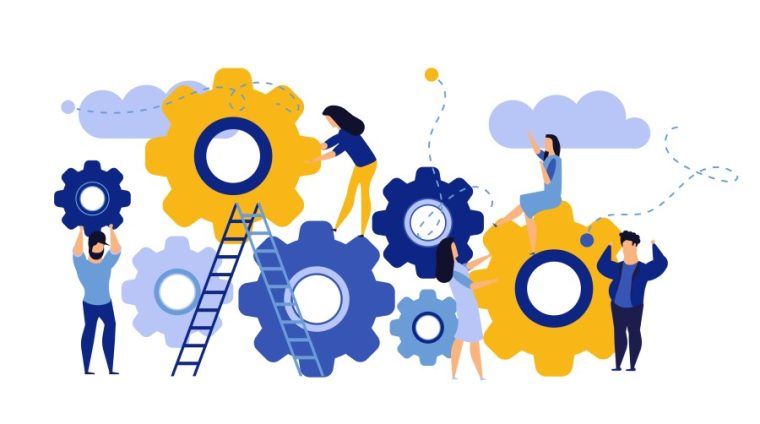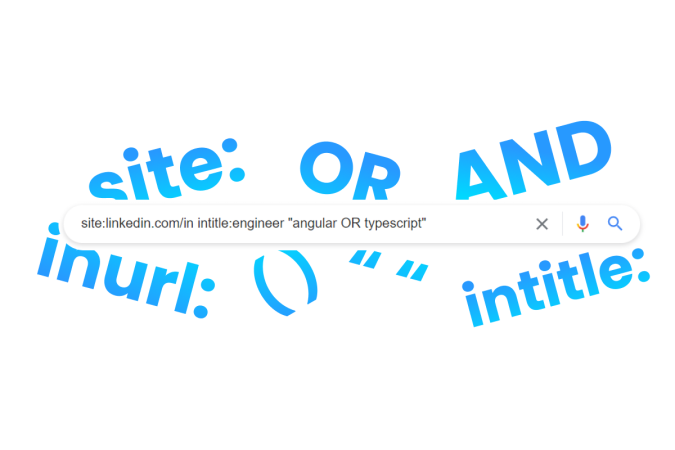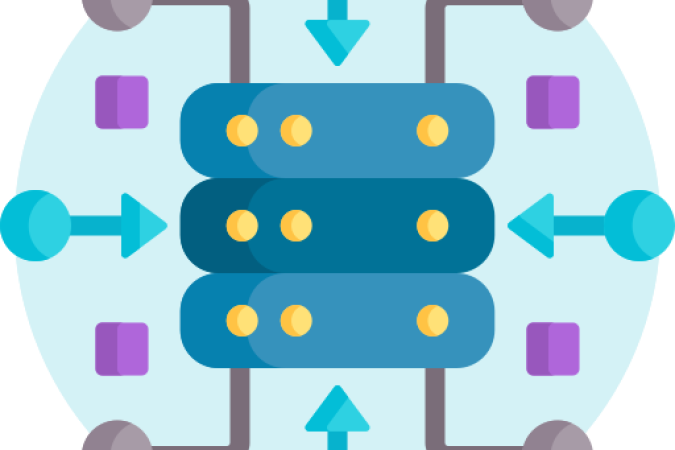The Job Characteristics Model (JCM) is a theory developed by organizational psychologists Richard Hackman and Greg Oldham in the 1970s. It explains how certain job characteristics can influence work outcomes, particularly employee motivation, job satisfaction, and performance. The model suggests that by designing jobs with specific characteristics, organizations can enhance employee motivation and overall job satisfaction.
Practical Application
Organizations can use the JCM to design or redesign jobs to increase motivation and satisfaction. For instance:
- Job Rotation: Varying tasks to increase skill variety.
- Job Enrichment: Increasing autonomy and providing more meaningful tasks.
- Enhanced Feedback: Providing clear and frequent feedback to employees.
Core Components of the Job Characteristics Model
The JCM identifies five core job characteristics that are believed to impact three critical psychological states, which in turn affect work outcomes:
- Skill Variety:
- Refers to the extent to which a job requires a variety of different activities and skills. Jobs that require multiple skills can make work more interesting and challenging, which can increase motivation and satisfaction.
- Task Identity:
- The degree to which a job requires completing a whole, identifiable piece of work from start to finish. When employees can see the results of their work, they are more likely to feel a sense of accomplishment and pride.
- Task Significance:
- The extent to which a job has a substantial impact on others, whether inside or outside the organization. Jobs that are perceived as important or meaningful tend to be more motivating.
- Autonomy:
- Refers to the degree of freedom and independence an employee has in performing their work. Jobs with high autonomy allow employees to make decisions about how to carry out their tasks, which can increase feelings of responsibility and ownership.
- Feedback:
- The extent to which carrying out work activities provides direct and clear information about the effectiveness of an employee’s performance. Feedback helps employees understand how well they are doing and what they need to improve, which can drive motivation and job satisfaction.
Psychological States
These job characteristics influence three critical psychological states:
- Experienced Meaningfulness of Work:
- Jobs that are high in skill variety, task identity, and task significance are likely to lead to employees feeling that their work is meaningful.
- Experienced Responsibility for Outcomes:
- Autonomy leads to a feeling of personal responsibility for the outcomes of the work.
- Knowledge of Results:
- Feedback allows employees to know how effectively they are performing their tasks.
Outcomes
When the core job characteristics positively influence these psychological states, the model predicts the following outcomes:
- High Internal Work Motivation: Employees are motivated by the work itself rather than by external rewards.
- High-Quality Work Performance: The work produced is of high quality.
- High Satisfaction with the Work: Employees feel satisfied with their job.
- Low Absenteeism and Turnover: Employees are less likely to miss work or leave the organizatio

You might also be interested in
-
1 Lesson
-
1 Lesson
-
1 Lesson
-
1 Lesson




